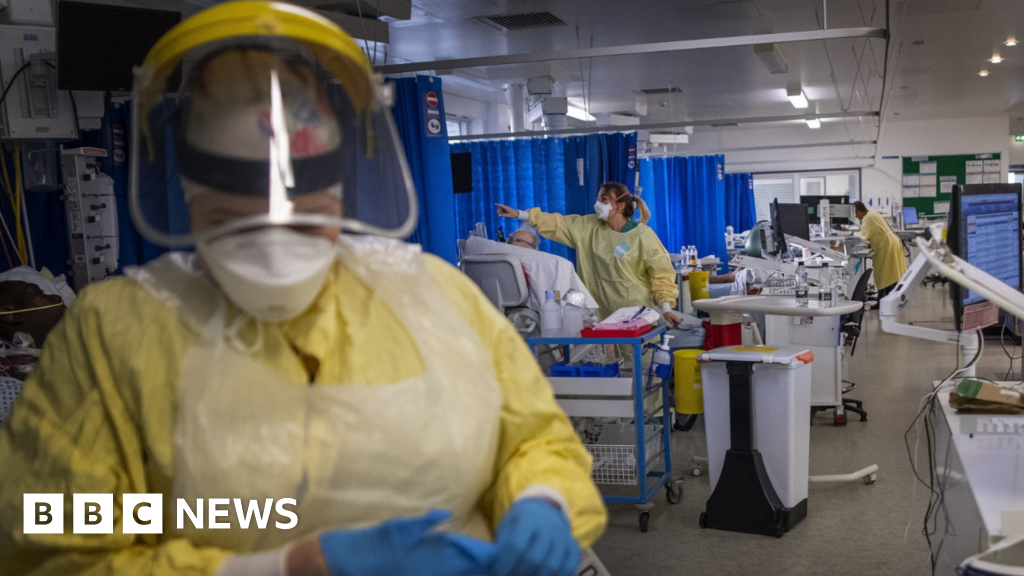
Elite female Australian Rules footballers report poorer mental health relative to elite male players, especially when their sleep is disrupted, Monash University-led research has found.
All elite athletes face a unique set of stressors on a daily basis, which make them vulnerable to sleep disruption and associated mental health symptoms. The results of this study strengthen the calls for more support for the Australian Football League Women’s (AFLW) competition and its players.
Published in the Journal of Sleep Research, the study investigated sex differences in sleep, circadian rhythms and mental health, as well as the moderating role of sex in the prediction of mental health, among AFL and AFLW players.
Participants included 87 elite Australian Rules footballers, of whom 43% were female. Their mean age was 24. They completed questionnaires, two weeks of sleep/wake monitoring, and a biological clock assessment. Data were collected during their pre-season training periods over two seasons.
The AFLW players, relative to male players, reported poorer mental health (a higher athlete psychological strain score), had later sleep-wake timing (by 28 minutes), reported a greater preference towards being a “night owl,” and had a later body clock measured by the hormone melatonin (by 33 minutes).
For the female athletes, less efficient sleep and more irregular sleep were associated with poorer mental health. In addition, those that were more extreme morning or evening types and those who were not in sync with their body clocks reported poorer mental health.
However, when it came to the male AFL players, the researchers found no significant relationships between these factors.
First author and Ph.D. candidate Luis Mascaro, from the Monash University School of Psychological Sciences, said the findings were relevant for athletes.
“Our findings suggest that athletes and sports organizations should consider monitoring sleep and body clocks in the management of mental health, and this may be of particular value to those who may be vulnerable to disruption,” Mr. Mascaro said.
Senior author and Deputy Director of the School’s Sleep and Circadian Rhythms Research Program, Dr. Elise Facer-Childs and her team have been conducting research with elite athletes across the AFL, NRL and NBL for the last few years, and recognized the importance of these results.
“Our findings might be associated with factors relevant to the elite semi-professional status versus elite full-time professional, such as training schedules, remuneration and access to support,” Dr. Facer-Childs said. “More research is needed to tease apart the possible environmental or biological mechanisms at play, and to monitor outcomes longitudinally.
“We have seen a huge increase in the interest of women’s sport over the last few years, and the growth of the AFLW competition is testament to this. However, the majority of sports science research has been conducted in men.
“These findings support the need for more studies with female athletes and the development of tailored programs to improve sleep, circadian alignment and mental health among female semi-professional elite athletes.”
More information:
Luis Mascaro et al, Disruptions to sleep and circadian rhythms are associated with poorer athlete mental health in female, but not male, elite Australian Rules footballers, Journal of Sleep Research (2024). DOI: 10.1111/jsr.14186
Citation:
Sleep and body clock disruption associated with female soccer players’ mental health (2024, October 8)
retrieved 8 October 2024
from https://medicalxpress.com/news/2024-10-body-clock-disruption-female-soccer.html
This document is subject to copyright. Apart from any fair dealing for the purpose of private study or research, no
part may be reproduced without the written permission. The content is provided for information purposes only.


